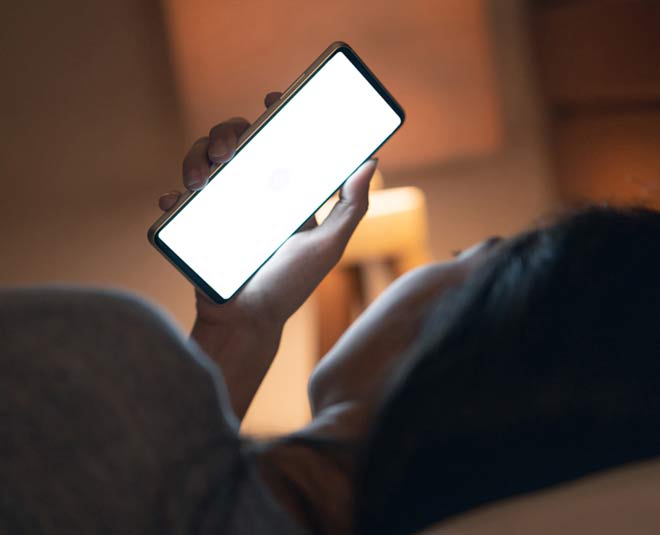

Studies also show that regular sleep allows for the proper functioning of the immune system. One is that we need sleep to clear the brain of waste and reset bodily functions. The most that scientists have been able to accomplish is suggesting a few theories. Human beings needing to lay down at a certain time each day, close their eyes, and lie there unconscious for several hours at a time.įrom a survival perspective, it just doesn’t seem practical at all.Įven though we’ve had years to research sleep and why it’s so important, researchers aren’t totally sure what makes counting sheep so important. Why do we need to sleep? Is it more important than food?Įxploring the question of “How long can you stay awake?” often leads to questions about why we need to sleep in the first place.Īfter all, when you think about it, sleep is pretty strange. Tripp’s family maintain that he was never quite the same after the experiment. In 1959, a radio presenter named Peter Tripp broadcast his show from the middle of Times Square for a total of 201 hours to raise money for a children’s foundation.īy the third day in his journey, Tripp was vividly hallucinating, cursing, and acting aggressively towards people around him. The signs and symptoms of sleep deprivation are horrifying at best, ranging from discomfort, to sleep deprivation psychosis. This meant that his brain was actively shutting down to preserve energy, even if he didn’t appear to be going to sleep.Įven if you didn’t count micro-sleeps and agreed that 11 days was the limit for losing sleep, going any period without adequate rest isn’t great for your health. Researchers admit that after a few days, Randy was having almost constant “microsleep” periods to help his brain survive.

However, there are some problems with using Gardner as a benchmark. Randy Gardner currently holds the world record for losing sleep, with a total time spent awake of 11 days and 25 minutes. One study into sleep deprivation does give us a slight insight into how long a human being might be able to survive without sleep. The truth is that every hour you go without sleep has an impact on your health and overall wellness.Īdditionally, because all of us have different needs when it comes to snoozing, it’s hard to know what your limit is when it comes to answering “how long can you stay awake”. It turns out that the human body doesn’t actually work like that. Sure, you’re going to feel a little groggy the next day, but you’ll catch up on sleep later right? Maybe you’ve got a day off from work, or you’re relaxing on the weekend. How often have you tried to convince yourself that one all-nighter isn’t going to affect your health? How long can you go without sleep? The science The bad news? You might not like what you read. The good news is that we can answer both of those questions right here. Perhaps you’ve even asked, “How long can you go without sleep without facing serious consequences?” If you’ve ever spent a night staring at the ceiling or trudged through a morning at work after only a couple of hours of shut-eye, you might have found yourself asking, “How long can you stay awake?” Maybe we need more time to work on something important, like a project for school. Other times, we actively try to stay awake. Sometimes, we’re kept awake by problems like stress and anxiety. However, getting that regular dose of slumber every night is easier said than done. You may have heard that the CDC (Centre for Disease Control and Prevention) recommends that all adults over the age of 18 should try to get at least 7 hours of sleep each night. homework.You already know that sleep is important.

Let your brain rest In the first 24 hours after a concussion, you may want to avoid the following activities as much as possible: television or video games. How long do you have to stay awake after a mild concussion? We’re looking to be sure that they’re not declining in this period, outside of the expected fatigue. Remember, we’re not allowing the athlete (or concussed) individual to sleep for at least 3 hours after their injury.


 0 kommentar(er)
0 kommentar(er)
